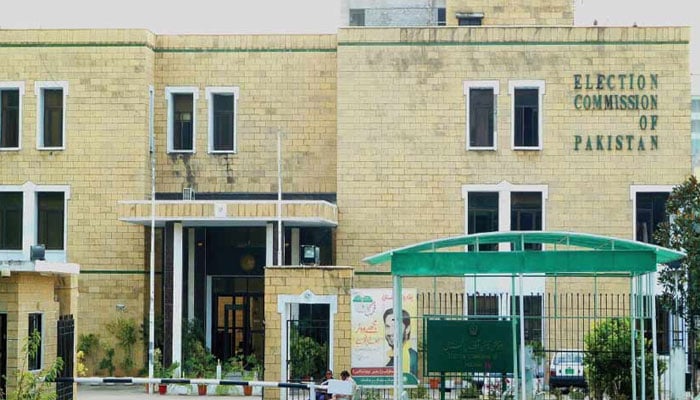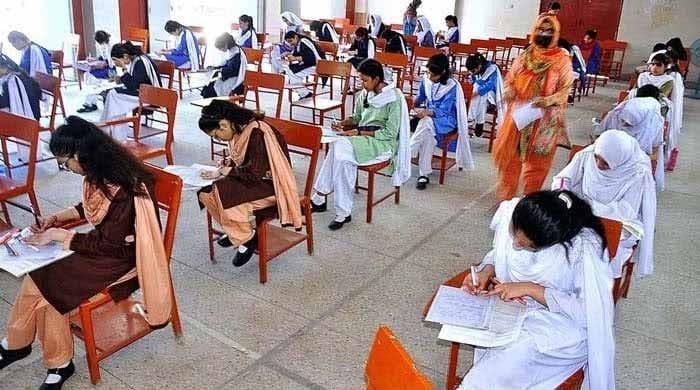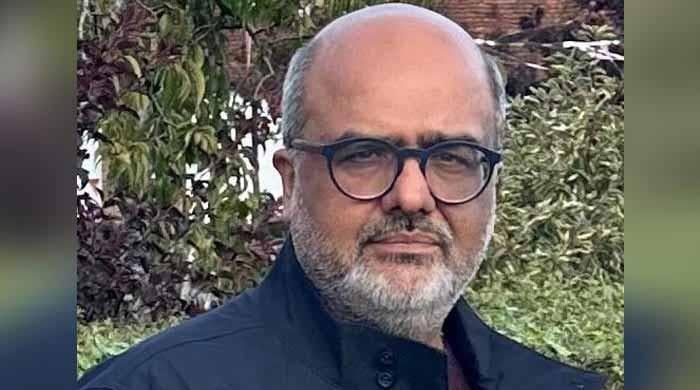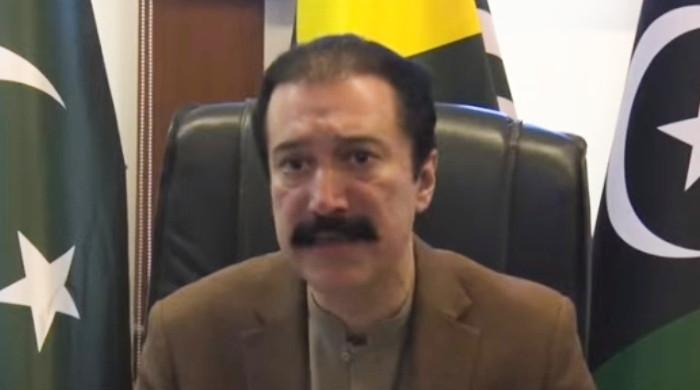Explainer: What does ECP serving show-cause notice to PTI entail?
The party has 7-14 days to submit its response before the ECP
August 03, 2022

ISLAMABAD: The Election Commission of Pakistan (ECP) Tuesday ruled that the Imran Khan-led PTI received funds from prohibited sources and issued a show-cause notice, asking the party to explain why its funds shouldn't be frozen.
So what happens when a party is issued a show-cause notice?
ECP issues show-cause notices to a party under the Political Parties Order, 2002, and gives it a chance to explain itself and present its case. Through the move, the party gets a chance to come clean before its assets are frozen.
The party usually has 7-14 days to submit its response before the ECP.
In case the party has documented evidence that it has not committed illegal acts, it has the chance to present those documents before the election commission.
If the party successfully persuades the election commission, through the documents, that it has not received prohibited funding, the ECP can reverse its ruling.
But if the ECP is not convinced, it will order the confiscation of the prohibited funds under Article 6 of the Political Parties Order, 2002.
According to PILDAT CEO Ahmed Bilal Mehboob, the ECP order has provided the foundation for the federal government to take the charges of funding by foreign sources to the next stage by invoking Chapter III of the PPO, 2002.
The federal government, if it is satisfied with the evidence provided in the ECP order, shall have to make a declaration that the PTI is a ‘foreign-aided political party’ as defined in the PPO 2002 and refer the declaration to the Supreme Court within 15 days.
The final authority lies with the apex court whether to approve or reject the declaration of the party's dissolution.
If the Supreme Court approves the declaration, the party is dissolved and its members in the national and provincial assemblies are unseated.









